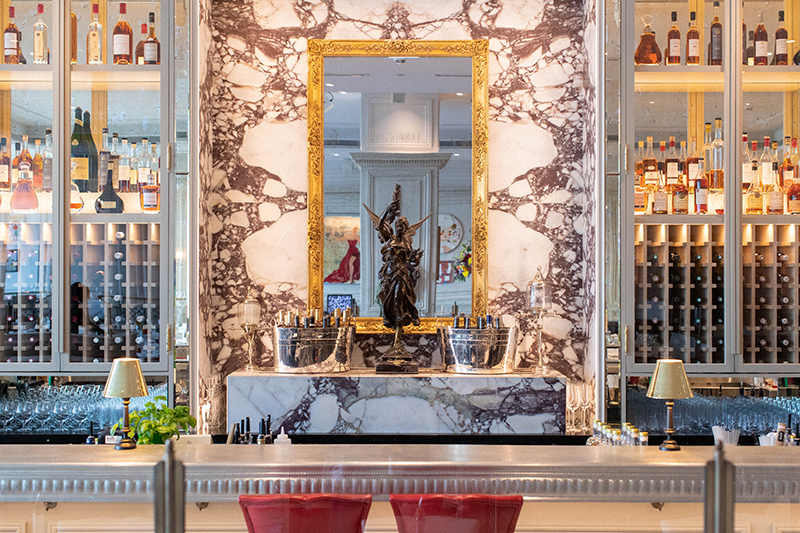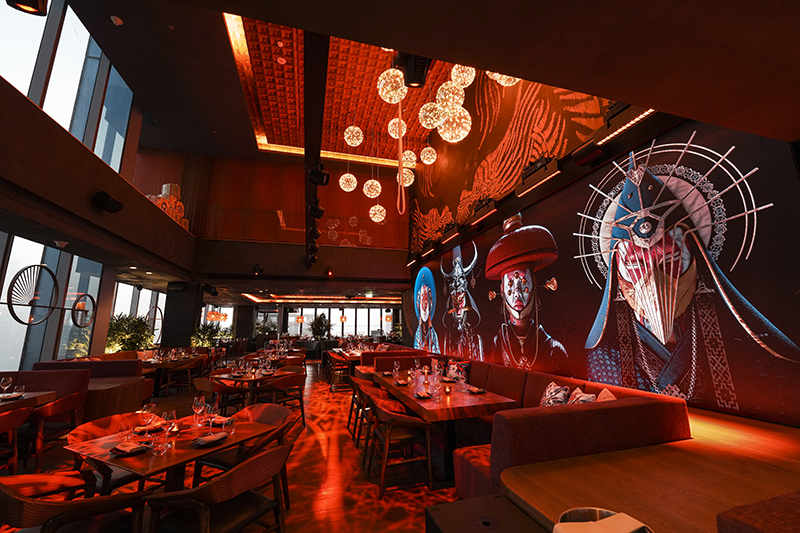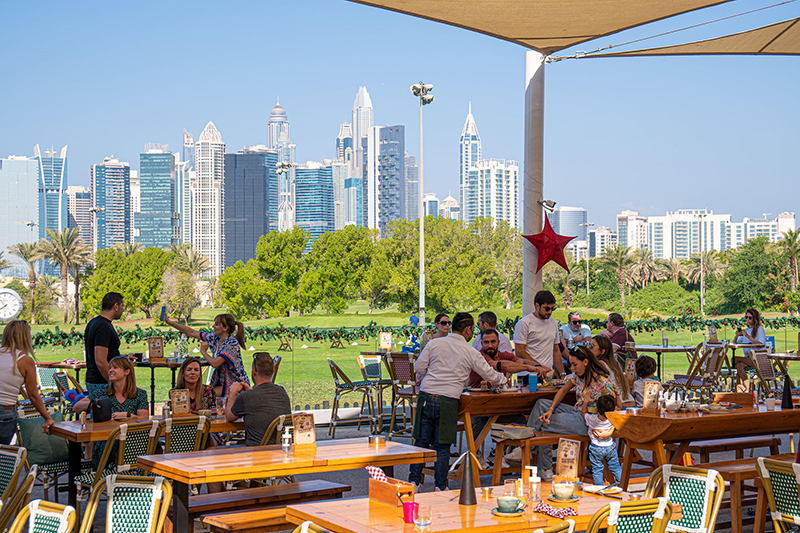Is drinking in restaurants and bars in Dubai set to get cheaper?
We asked the industry experts…
On December 31, 2022, Dubai Municipality announced major changes for alcohol sale in Dubai. Effective from January 1, 2023 the 30 per cent tax on alcoholic beverages has been removed for a one-year trial period throughout 2023.
Alcohol licenses, which are required to purchase and possess liquor, have also been made available for free. Previously they were Dhs270.
What does this mean for the price of alcohol in shops?
Dubai’s two main alcohol retailers African & Eastern and MMI have already confirmed that they have reflected the 30 per cent municipality tax reduction across their pricing. This means that when you next stock up, you should expect to see a significant saving on your favourite drinks. While the 30 per cent municipality tax no longer applies, the 5 per cent VAT still does.
What does this mean for the price of alcohol in restaurants and bars?
In light of the announcement, it’s left us wondering what this means for the price of alcoholic drinks at our favourite restaurants and bars, and whether the saving would benefit consumers as well.
We’re pleased to say many venues have confirmed to What’s On that they will be readjusting their pricing, although there are factors to consider.
“It is important to understand alcohol prices from suppliers had been increased by 15 to 20 per cent in October/November, so most operators had already increased their menu pricing recently,” explains Nicolas Budzynski, global operations director at LPM Restaurant & Bar. “I believe this is fantastic news given by the government, and operators and business owners need to be really careful not to be guided by greed, as we need to remember this is a trial year, so the tax may come back if the action doesn’t have the desired results. Prices should be coming down, and the whole industry should support this,” Budzynski adds.

LPM Restaurant & Bar
On their own pricing at the award-winning LPM Restaurant & Bar in DIFC, Budzynski says that prices will be reduced within the next two weeks for fast moving items, with others coming down gradually due to the large stock purchased for the festive season. “I am assuming most operators will follow the same pattern,” he explains.
There’s a similar sentiment echoed by Stefano Mihalitsianos, managing director of Tashas Group, responsible for restaurants including Avli and Flamingo Room. “While the announcement was sudden, I’m sure that all F&B leaders will agree that there needs to be a short period of transition towards price changes as most will be carrying stock purchases from previously,” he comments. “As a group, we are certainly excited about this change and the vision of the government that will make the UAE an even more attractive destination for its visitors.”

Tabu
Aleix Garcia, managing partner at Infini Concepts says that the brand will be reviewing the offerings at their venues, which include Miss Tess, Tabu and Hayal, and adds that the move will ‘give room for more promotions’. “Allowing licensed businesses to have more competitive prices compared to the rest of the world will make Dubai more attractive to tourists,” he adds.
“For casual restaurants and bars it’s a great initiative from the Dubai government and it should help stimulate mid-week business which had dropped vs pre-Covid levels,” explains Alex Bracken, CEO of Forefront Hospitality who own and operate brands like Phileas Fogg’s, Mr Miyagi’s and The Scene. He recognised that this can only be a good thing for the industry, but each business will need to make case-by-case decisions. “Once we have gotten through our existing stock, we certainly plan to review our pricing to help our Dubai venues become in line with our international branches in the UK,” he adds.

There’s a similar sentiment from Nick Comaty,Vice President of F&B Operations at Ennismore MEA, operators of hotels including Hyde Dubai and 25Hours Hotel One Central. “Vast majority of consumers believe that operators are the ones setting prices extremely high, while the truth is that our beverage cost throughout the industry is actually one of the highest in the world due to high taxation,” Comaty explains. “As such, the removal of this will allow better value to consumers while providing a healthier business model for operators.”
With this in mind, again he expects price changes to be on a case-by-case basis. “For certain venues the reduction of the taxes will be reflected directly on the price of the beverages and in some other venues it might be used to add value in some of the other metrics while decreasing the prices moderately,” Comaty adds.
Overall, there’s a sense of optimism that even though it’s not likely to be immediate, consumers will notice a difference when buying drinks in restaurants and bars. “Once we get the benefits, we definitely plan on passing it onto our customers,” Neha Anand, founder and managing director of Three Layer Hospitality says. The brand, who are the operators of Downtown’s popular new eatery, Jun’s, plan “on adjusting our alcoholic beverages prices according to the net impact we have on its costs,” Anand concludes.
